Is microsleep dangerous?
If you are sitting or lying down in bed at that moment, microsleep is nothing dangerous. But microsleep can be very dangerous while driving for example. What is especially dangerous is that it comes often without warning.
What is a microsleep?
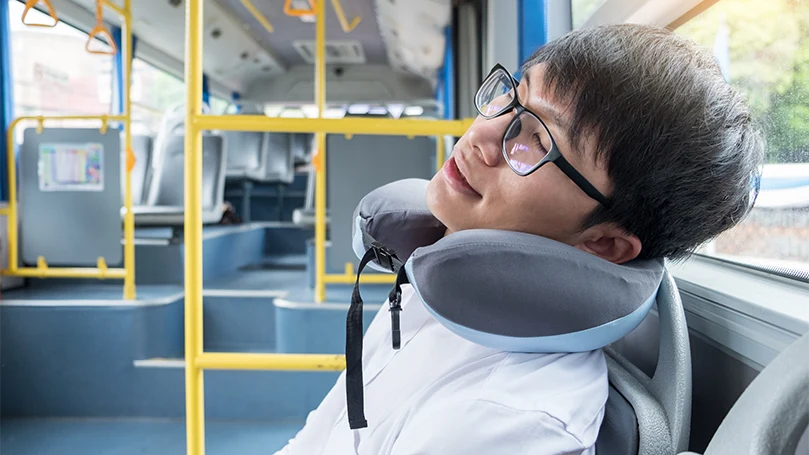
There are different opinions of sleep medicine experts about how long sleep should last to be considered microsleep. In some places you will find that it is less than 15 seconds of sleep, elsewhere it is less than 30 seconds, but certainly any sleep that lasts less than a minute can be classified as micro napping.
This is also an explanation of what microsleep is. You know that feeling when you fall asleep for a few seconds while watching TV. Although it lasts for a very short time, you lose control of your consciousness at that moment.
When you are awakened by myoclonus twitch, which is actually a sudden muscle jerk, then you will be aware that you have fallen asleep for a few seconds. Sometimes you are not aware of it, but you just realise that you do not know what happened or that you suddenly have a feeling similar to when you wake up in the morning.
Can I control microsleep?
A lot of you have asked themselves this question probably. Many studies on micro napping have shown that brain activity measured by electroencephalogram (EEG) declines sharply and significantly during short sleep episodes.
There are also some changes in behavior, and in addition to measuring brain activity with EGG, other methods are used because micorsleep varies from person to person. It is necessary to observe the face and body of the person being examined, to counduct multiple sleep latency test (MSLT) and also to test psychomotor performance.
All the obtained results generally indicate that microsleep occurs involuntarily. Whether you are aware after the micro nap that you are asleep or not, the very moment of falling asleep is against our will. And that’s what makes microsleep potentially dangerous. If one such episode occurs to you while driving, it can have catastrophic consequences.
There are some other differences in brain activity between the brain when you are awake, when you are sleeping and during microsleep. For example, the brain processes sound differently in relation to wakefulness and sleep. Also, some parts of the brain that turn off during sleep are still active. People like Jimmy Kimmel who suffer from narcolepsy, a chronic sleep disorder, are particularly prone to microsleep episodes. But it can happen to anyone, so late-night driving should be avoided. If you have to drive late-night, try to stay awake by drinking coffee and eating snacks.
Is microsleep connected to sleep deprivation?
Sleep deprivation is the main cause of microsleep. The positive thing is that you can in most cases prevent the appearance of microsleep if you sleep enough. People with many hours of sleep debt in the last few days or weeks are faced with a very high chance of experiencing a sleep episode of a few tens of seconds.
Micro napping may happen to people with sleep debt even few times during one day. What you need to keep in mind is that you don't need to be really sleep deprived for microsleep to occur. Just one night with only 2 or 3 hours of nighttime sleep which is not enough sleep significantly raises the chances that you will have microsleep the next day.
What other conditions can cause microsleep?
Sleep deprivation is without a doubt the main culprit for microsleep, but it is not the only one. Sometimes there is no culprit, it just happens. But various illnesses can also be the culprit, mainly because they negatively affect your night's sleep which results in sleep deprivation. Those illnesses and disorders include diabetes, sleep apnea, hypertension, obesity and anxiety, among others.
Diabetes
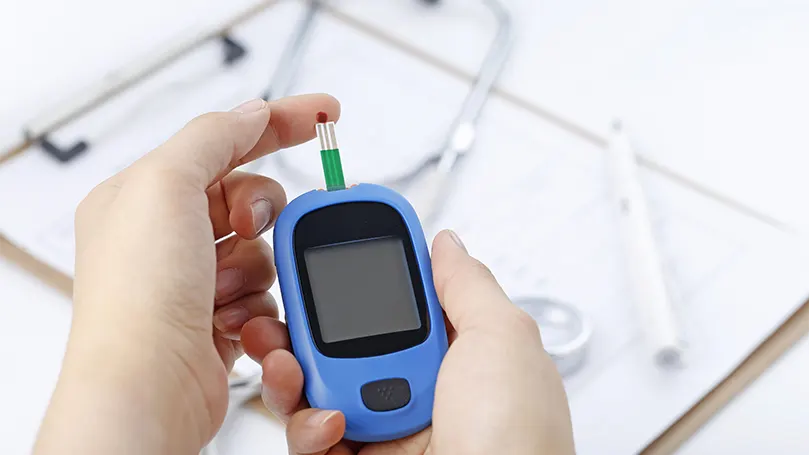
There are three types of diabetes – Type 1, Type 2 and Gestational Diabetes. Type 1 is an inherited type of diabetes, while Type 2 occurs due to obesity, lack of physical activity but also due to genetics. Gestational diabetes can be experienced by pregnant women who have never had high blood sugar, and the level will return to normal after childbirth. People with type 2 diabetes are more prone to microsleep.
On top of that, diabetes and sleep are generally connected, usually exasterbating the negative aspects of each other. So, being on top of the situation and visiting your GP is essential.
Sleep apnea
Obstructive sleep apnea is more than snoring. Although snoring is the main symptom, sleep apnea manifests itself during periods of the night when a person cannot breathe. Therefore, if left untreated, obstructive sleep apnea is one of the most dangerous sleep disorders.
Obstructive sleep apnea patients have trouble sleeping at night which results in sleep deprivation and microsleep. The cause of sleep apnea must be determined so that it can be treated, and some of the most effective methods are weight loss, proper pillow and inclined bed therapy.
High blood pressure
High blood pressure is one of the most common health problems in the world, especially in developed parts of the world due to unhealthy lifestyle habits. If you have high blood pressure for a long time without treatment it will lead to heart disease. Heart disease has a far-reaching effect on a person’s entire life, and micro napping is also common in people with heart disease.
Obesity
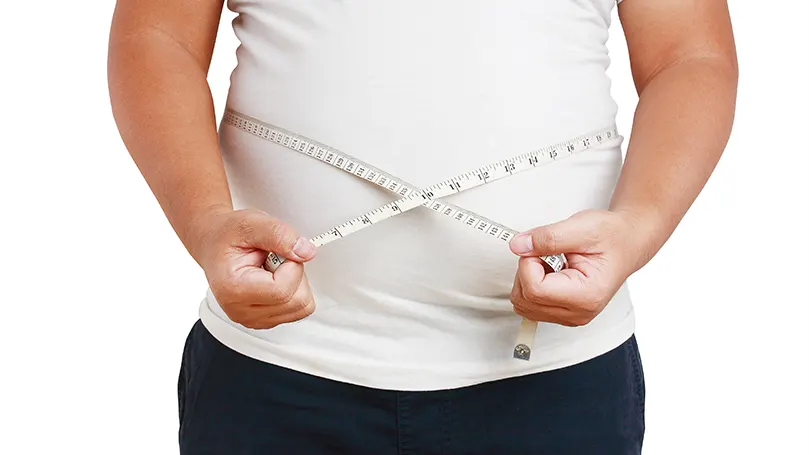
Over 20% of people in the UK are obese. This is a frightening fact when we know that obesity negatively affects all organs in the body, as well as the quality of life. Unhealthy food and lack of physical activity are the main causes of the obesity epidemic. Microsleep is just one of the many problems that obese people regularly experience.
When traveling, you may want to consider using an eye mask, and many use an eye mask even at home. Lastly, don’t forget to adjust the lighting in your bedroom as well, as you will sometimes read a book or watch TV in the bedroom, although watching TV is not recommended right before sleep. Night light for kids can be helpful for adults sometimes too.
Anxiety
Many have anxiety only at night or the symptoms are most pronounced during the night ruining night's sleep. Also, anxiety can cause lethargy and excessive daytime sleepiness. That is why many patients say that their microsleep episodes became rare or disappeared completely after they started treating anxiety.
How to prevent microsleep from happening?
It is up to you to take certain steps to prevent microsleep from occurring. Of course, the most important thing is to sleep regularly in order to be completely rested. This does not mean that microsleep will not occur even when you are full rested, but it will be very rare.
Food can also play vital role because balanced meals will give you energy, and junk food increases the chances of microsleep since it is hard for body to process such food and you will feel sleepy therefore.
Stay alert
There are numerous ways to stay alert. For example, you can exercise for 10 or 15 minutes, drink plenty of water and eat energy bars. The crucial thing is to do some of the things to stay alert as soon as you feel your focus decline. It is very dangerous to continue driving while expecting a sleepy phase. Although it is probably true that it will go away on its own, until it happens, episodes of microsleep can happen to you and endanger your life while drowsy driving.
Power nap
Often the best way to prevent microsleep is to sleep for 15 minutes to half an hour when you feel very sleepy. Even if you are in a vehicle, you should park the car and rest. This will prevent problems. Although afternoon naps have many benefits, it is important in this case not to sleep long because then you will be drowsy which can also be dangerous.
Communication
The conversation can be helpful as well. Although you should generally not talk to the person driving or while you driving, in case of drowsiness the conversation will restore alertness to you because the brain has to think in those moments. The chances of micro napping happening while talking are incomparably smaller. So keep talking and listening carefully to other person.
Caffeine intake
Caffeine intake should be limited both in terms of the amount and time you consume it. But if you have to stay awake, then caffeine is very useful regardless of the time of day. There is even an effect of caffeine on adenosine called coffee nap.
Conclusion
Overall, microsleep typically isn't a cause for concern. However, it can be a sign of poor sleep quality overall and can endanger your life in some situations. So, it's best to stay on top of it and get the proper rest your body needs! And if you've ever experienced microsleep, feel free to share your experience in the comment section.
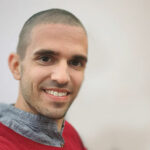
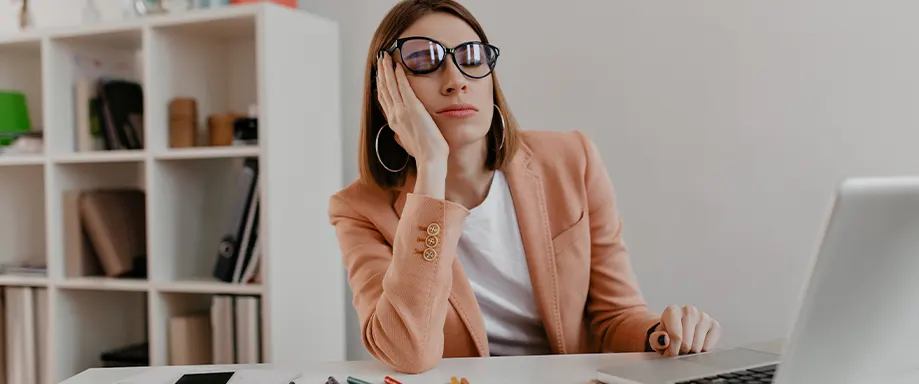

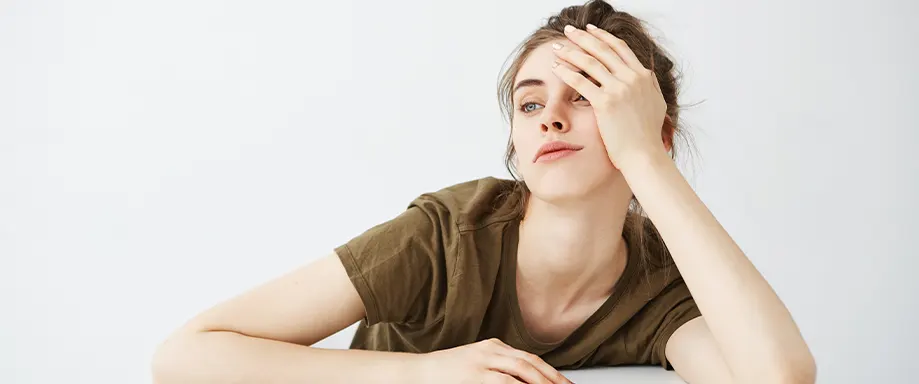











There are no comments yet
"*" indicates required fields